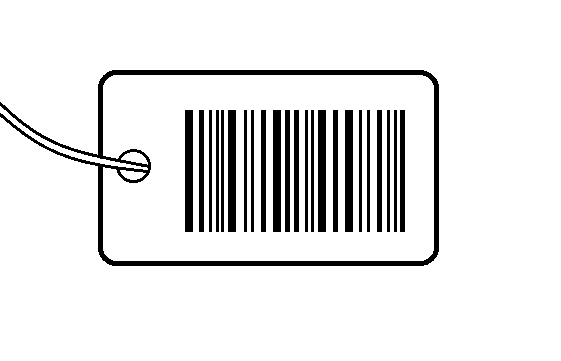Not Buying It (Blockchain as Web 3.0)
I've seen people refer to blockchain or even Steem as "Web 3.0" as if we are simply waiting for public opinion to catch up to the stellar technology that has been prepared for them. And this shouldn't come as a surprise, but I'm not buying it.
This is not to say I don't find blockchain technology as useful, because it does have some use cases. I just don't see it as the next revolutionary step of internet technologies that some people view it as.
I wrote briefly about Web 3.0 two years here on Steem. That original vision of Web 3.0 that Tim Berners-Lee came up with has yet to come to fruition, although I think it is a little closer to what we might end up seeing eventually. While the idea of treating the internet as a distributed database is an interesting one, the querying concepts of SPARQL always seemed clunky and unintuitive to me.

The first reason why I don't think blockchains in general (including the Steem blockchain) don't make sense as describing as Web 3.0 is that they feel distinct from the internet even though they utilize some internet technologies in order to operate. I don't see established servers transitioning into "blockchain" servers moving forward. There are not enough apparent use cases for that to be remotely practical. Blockchain runs in parallel with the internet, but doesn't necessarily have the number of use-cases to move the web technologies significantly in towards that direction.
Or to put it more simply, I don't see blockchains replacing Web 2.0 entities because the technology makes them obsolete (or less desirable from a user standpoint). While people consider Web 2.0 as the progression towards social networks, I really see it as the transition from a unidirectional transfer of data to a bidirectional transfer of data (the user feeds data into the centralized server). A huge technological progression on top of the internet itself, rather than adjacent to it.
This naturally progresses into the second reason I don't buy blockchains as Web 3.0 which is that in many use cases, Web 2.0 entities simply perform better than blockchain entities. I have often described blockchains as "shitty databases" when talking to other folks about non-Bitcoin blockchains, because often times the blockchain doesn't make any improvements to the current technology and they lose efficiency by using a blockchain rather than a traditional relational database.
The semantic web (the original Web 3.0) makes a more compelling case for actually being useful in that you can treat servers as queryable entities that can query other entities for information not locally stored within that server or webpage, but on a "related" server or webpage.
The internet itself as a queryable database is much more along the lines of a technological revolution worthy of the Web 3.0 name rather than a redundant database and shared protocol that runs on a small subnet within the greater internet.
This is not to say that blockchain technology isn't useful. I think that are a small subset of problems within the censor resistance domain that blockchain becomes compelling, the biggest one being digital money.
Although the original vision of Web 3.0 is fitting of the term, not a lot of direct progress has been made on the semantic web front since the idea was proposed more than a decade ago.
I do think we will eventually make a movement towards decentralization, although we'll probably have to run into larger crises before people really start caring about moving in this direction. Because unfortunately, unless you can addict users to your platform, most people don't really care.
For social media, I think the idea of "owning" your data will eventually gain traction. But I think that owning a encrypted "smart" node that trades data for resources (money, perhaps) to centralized servers makes more sense then storing the entirety of a data-rich network on individual nodes. One could then imagine setting up lightweight servers that then use these "smart" nodes as databases rather than having to store the data themselves that simply act as intelligent key brokers that share keys between nodes rather than buying the data directly. A site like Youtube or Facebook would be reduced to a key broker and could more easily be competed against by simply other users developing alternatives on top of the same shared network.
Granted that type of vision--which is more in line with the semantic web--would take a lot of effort to set up, it would also make massive technological progress. It could potentially solve privacy issues, offload potential resource issues by distributing data amongst the network, and give users new streams of revenue on the data they produce. But I don't see progress in that sort of direction until people really start to see the downside of concentrated power on the internet.
To listen to the audio version of this article click on the play image.

Brought to you by @tts. If you find it useful please consider upvoting this reply.